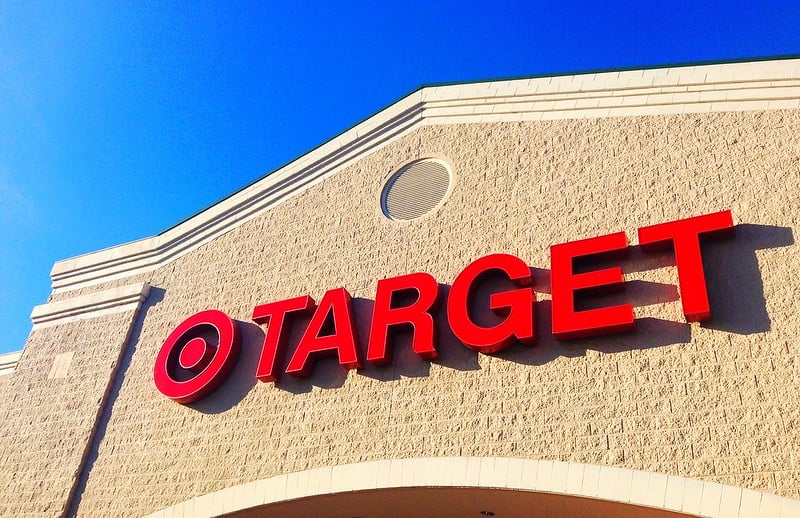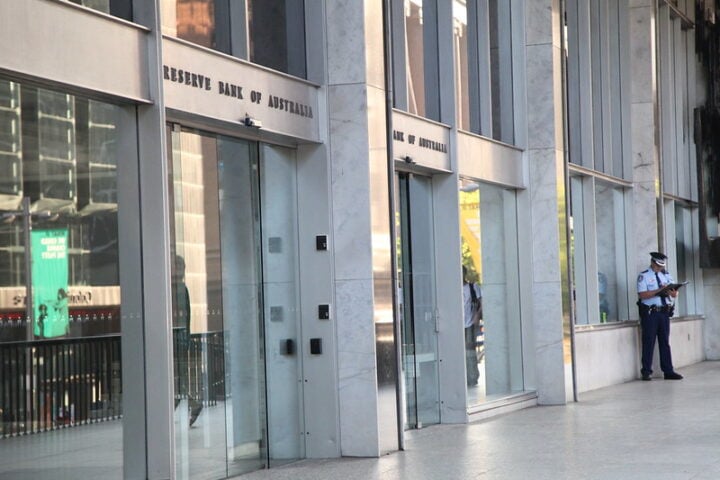Target faces mounting pressure as a 40-day consumer boycott launched on March 5, 2025 – the beginning of Lent – protesting the retail giant’s rollback of diversity, equity, and inclusion (DEI) policies. Organized by Rev. Jamal Bryant, an Atlanta-based megachurch pastor, the boycott comes at a particularly challenging time for the company.
The DEI Reversal
On January 24, 2025, Target announced significant changes to its DEI approach, including:
- Eliminating hiring goals for minority employees
- Ending an executive committee focused on racial justice
- Discontinuing participation in “external diversity-focused surveys” including the Human Rights Campaign’s Corporate Equality Index
Target reframed its approach under a strategy called “Belonging at the Bullseye,” stating it remains “committed to creating a sense of belonging for our team, guests and communities” while “staying in step with the evolving external landscape.”
Why Now?
Target’s pullback on DEI occurs amid a broader corporate retreat from such initiatives, spurred by:
- Conservative court decisions
- Pressure from activists and right-wing legal groups
- The Trump administration’s threats to investigate what it terms “illegal DEI”
However, Target has faced particularly strong backlash compared to competitors like Walmart, John Deere, or Tractor Supply. The company had established itself as a DEI leader following the 2020 murder of George Floyd in Minneapolis (Target’s headquarters) and had built a reputation as a progressive employer on LGBTQ issues.
The Boycott’s Impact
Early indicators suggest the controversy is affecting Target’s business:
- Customer visits to Target have dropped more than those to Walmart and Costco over the past four weeks, according to Placer.ai location data
- During the February 28 “Economic Blackout” organized by The People’s Union USA, Target’s website traffic decreased 9% compared to February 14
- Target’s mobile app traffic fell 14% during the same period
- Meanwhile, competitor Costco (which recently reaffirmed its DEI commitment) saw a 22% rise in web traffic
“The data shows a clear drop in traffic in late January into mid-February following the company’s step back from DEI,” noted Joseph Feldman, an analyst at Telsey Advisory Group.
Public Response
Criticism has come from various quarters:
- Anne and Lucy Dayton, daughters of a Target co-founder, called the company’s actions “a betrayal”
- Rev. Bryant stated: “Black people spend upwards of $12 million dollars a day, and so we would expect some loyalty, some decency and some camaraderie”
- Sarah Kate Ellis, President & CEO of GLAAD, commented: “These un-American proposals are already leading to negative impact to the bottom lines of some of America’s biggest companies” and “Target may blame cold weather for declining profits, but at the end of the day, they need to look inward”
However, the boycott has raised concerns about unintended consequences:
- Melissa Butler, CEO of The Lip Bar, a Black-owned makeup brand carried at Target, expressed worry on TikTok that the boycott could harm minority-owned businesses: “We don’t want these minority businesses to suffer or to be impacted negatively”
Additional Pressures
The boycott comes as Target faces multiple challenges:
- The company reported sales declined in February 2025
- Target expects only about 1% sales growth for the year
- CEO Brian Cornell warned that Trump’s tariffs on Mexican imports could force immediate price increases on produce
- Cornell noted: “Those are categories where we’ll try to protect pricing, but the consumer will likely see price increases over the next couple of days”
Similar Posts
The Wider Context
Target’s DEI reversal reflects a corporate balancing act between diversity initiatives and avoiding conservative legal challenges. A February report from Collage Group found that one-third of consumers stopped shopping at their favorite stores due to cuts in DEI commitments, with this effect especially pronounced among Black, Hispanic, and LGBTQ+ shoppers.
Meanwhile, the future of DEI policy partially depends on the courts. A federal judge from Maryland recently declined to issue a stay on an injunction affecting parts of Trump’s anti-DEI Executive Order.

















